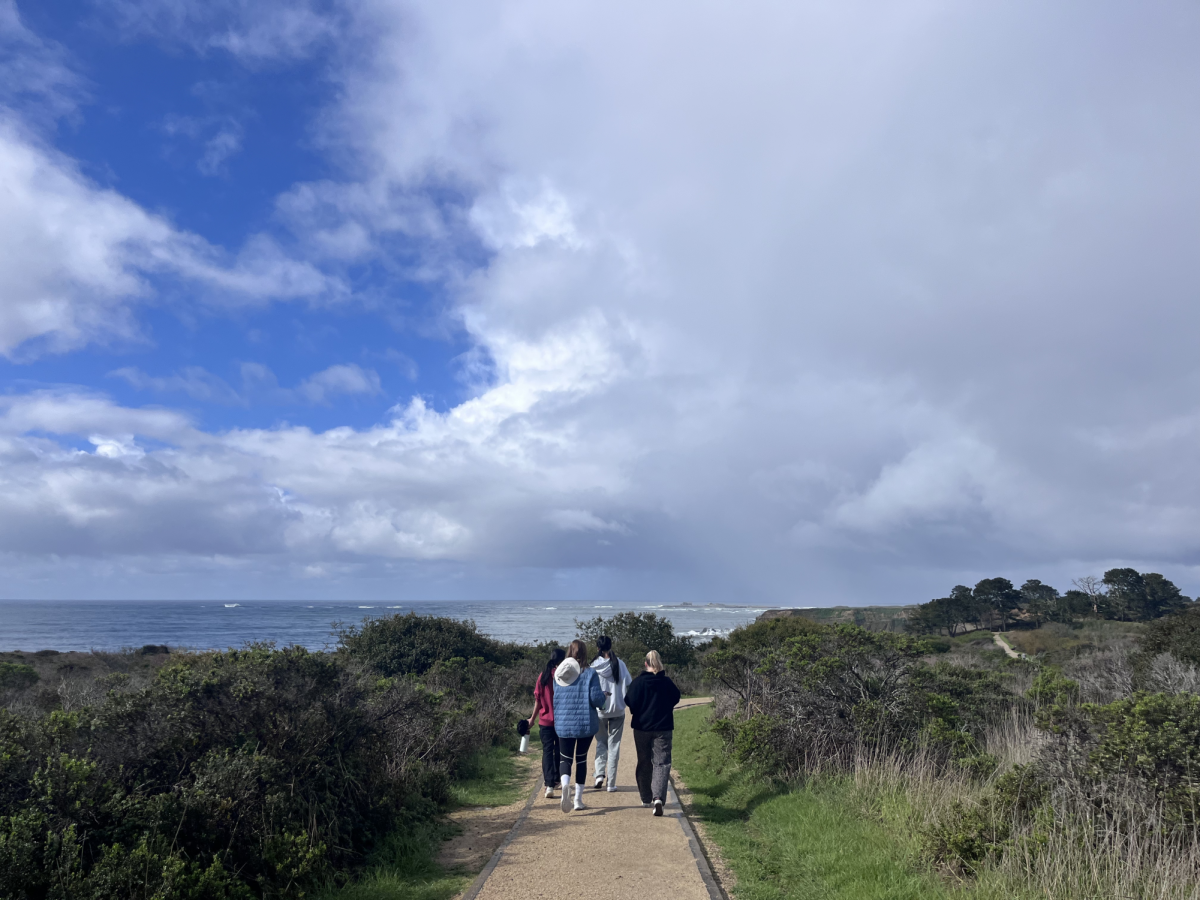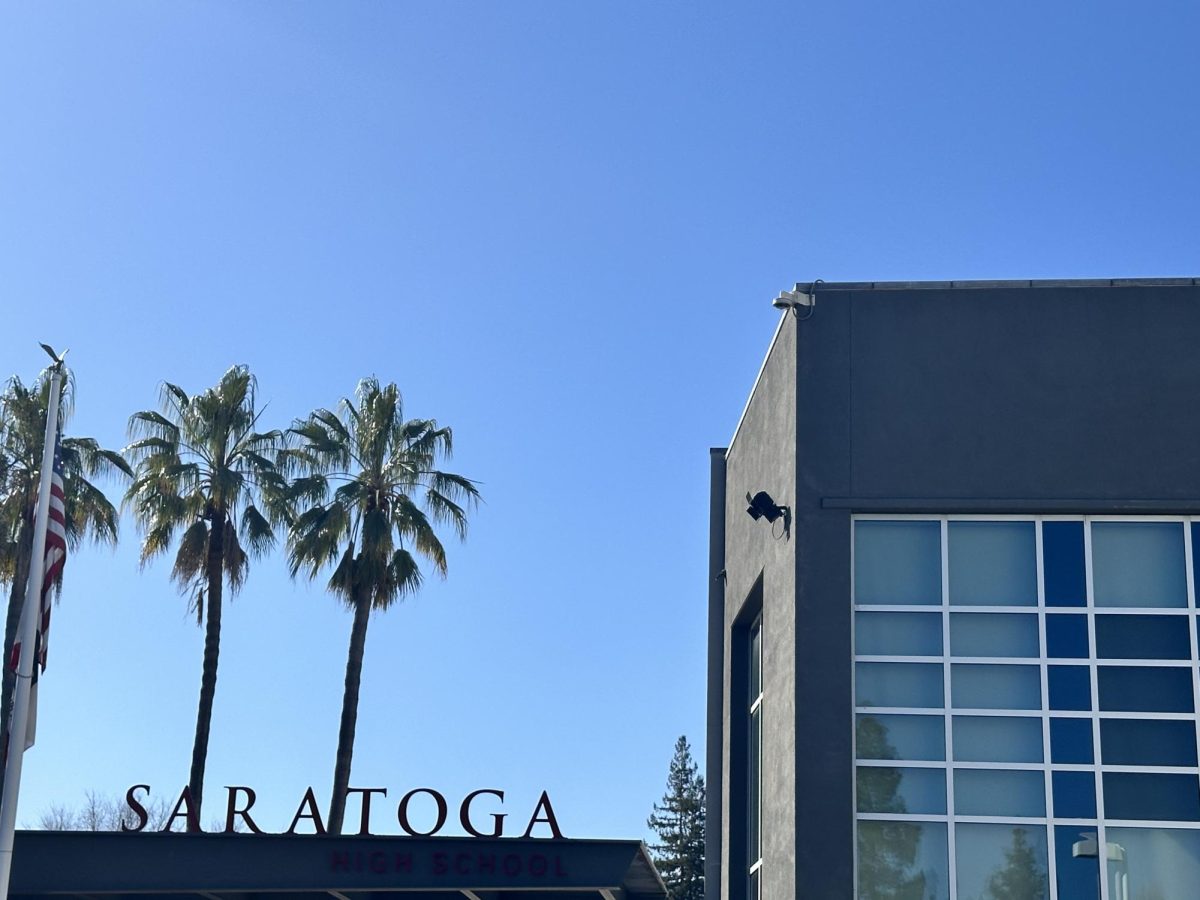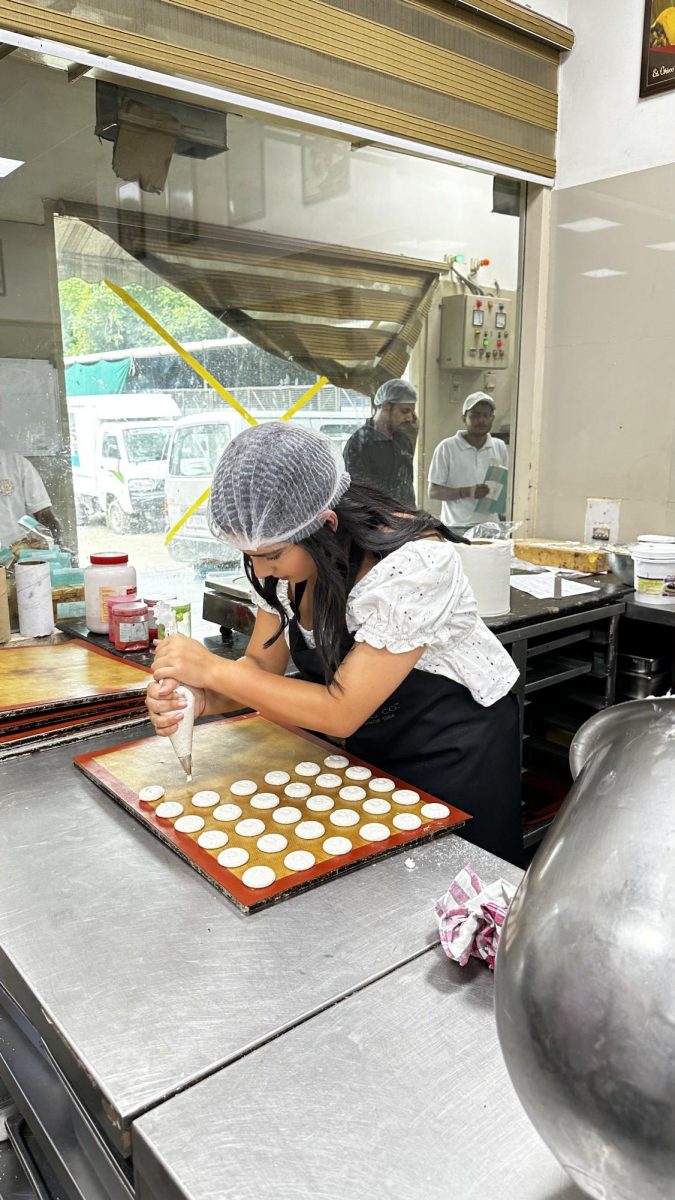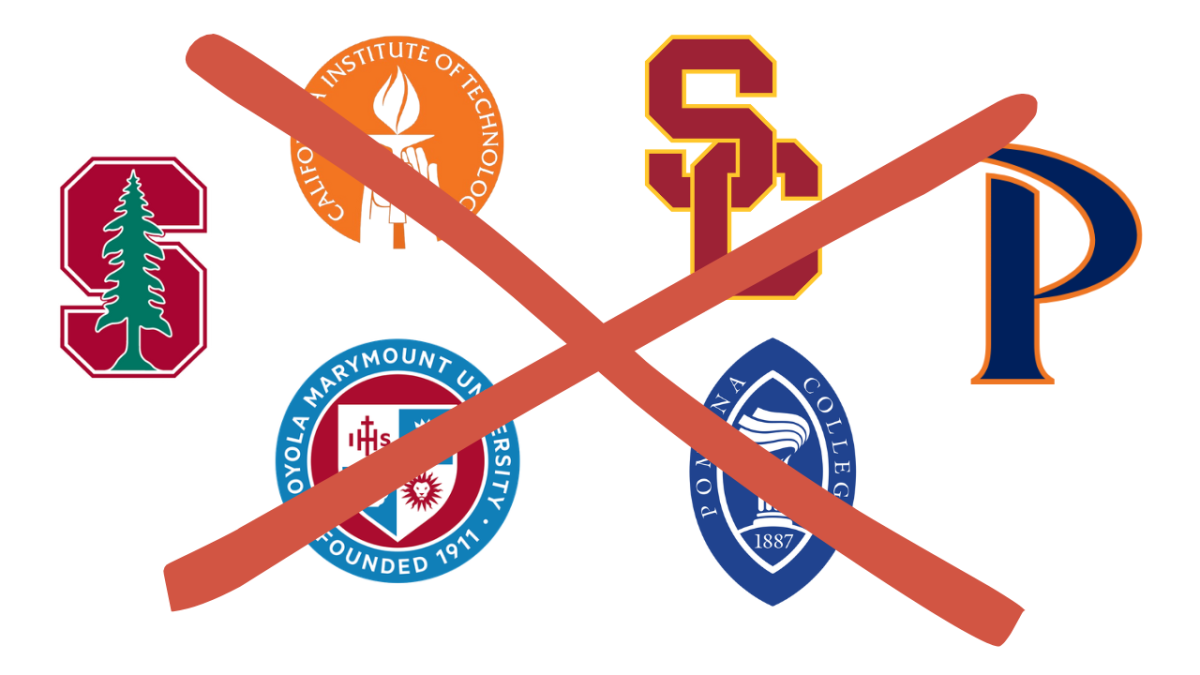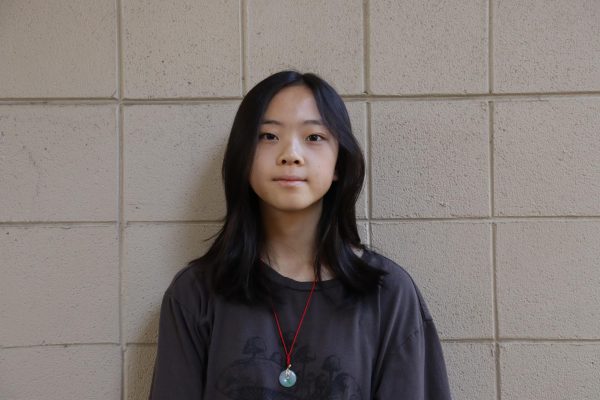As one of the most disputed factors in college admissions, legacy considerations have historically helped only a few select applicants.
Legacy admissions refers to the system of preference in favor of certain applicants if they have close familial relationships with alumni of that institution. In the 1920s, legacy admissions were used as a way of keeping Jewish immigrants out of elite protestant universities. Up until the 1960s, candidates with legacy status were practically guaranteed to gain admission into elite colleges.
Even recently, this discriminatory system has been intact at most private colleges and universities, with studies showing that students are 45% more likely to be admitted to elite private colleges if they are a primary legacy, meaning that their parent was an alumni of the school.
Luckily, the recent ban on legacy admissions in California, targeting private, nonprofit colleges and universities, levels the playing field for those who aren’t fortunate enough to have a family member to boost their admission chances. While many parents who immigrated to America did come to acquire their master’s or doctorate degree, legacy admissions take into account only alumni who went to the institution for their bachelor’s, ruling out the chance of a student having legacy at multiple institutions.
Legacy admissions perpetuate a cycle that prioritizes a student’s heritage over their merit, depriving hard-working students — like first-generation students or those whose parents didn’t attend college — of valuable opportunities.
Alongside the practice of legacy admissions, the policy also bans major donor preferences, another flawed preference system that exists within the college admissions process. Previously, when major donor preferences were in place, families who donated large sums of money to a college would give their child an increased chance of admission — a kind of workaround bribe for admission for millionaires and billionaires. These inequalities led to embarrassing situations such as the 2019 Varsity Blues scandal.
Federal officials codenamed the crackdown effort Operation Varsity Blues. In it, wealthy parents paid to fraudulently secure spots for their children at elite universities like USC. Famous actors such as Felicity Huffman, known for her role in “Desperate Housewives,” and Lori Loughlin, known for “Fuller House,” both were snared in the scandal. Thirty-three parents plead or were found guilty of paying more than $25 million to college counselor William Rick Singer, who used the money to bribe admissions officers and inflate test scores.
Of the 33 parents, more than a dozen Bay Area residents were involved.
Even with the ending of longstanding practices such as legacy, College and Career Center adviser Sierra Ward said many inequalities still exist within the system.
With the reinstatement of required standardized testing in certain colleges in the past couple of years, questions arise about the accessibility of student test sites. These test sites can be few and far between for certain students, and can often be an extremely exhausting process for families to drive or transport their students to testing sites.
“Why should a student whose family has infinite financial resources and can drive to LA or Oregon or even fly out of state to take an ACT/SAT, have an advantage?” said Ward.
Ultimately, California’s legacy admissions ban is a great step toward the ideal of fairer college admissions processes. By eliminating this preferential treatment for select applicants, the policy paves the way for a more just future where the process can prioritize merit — and not family’s financial or educational status — over other factors.



